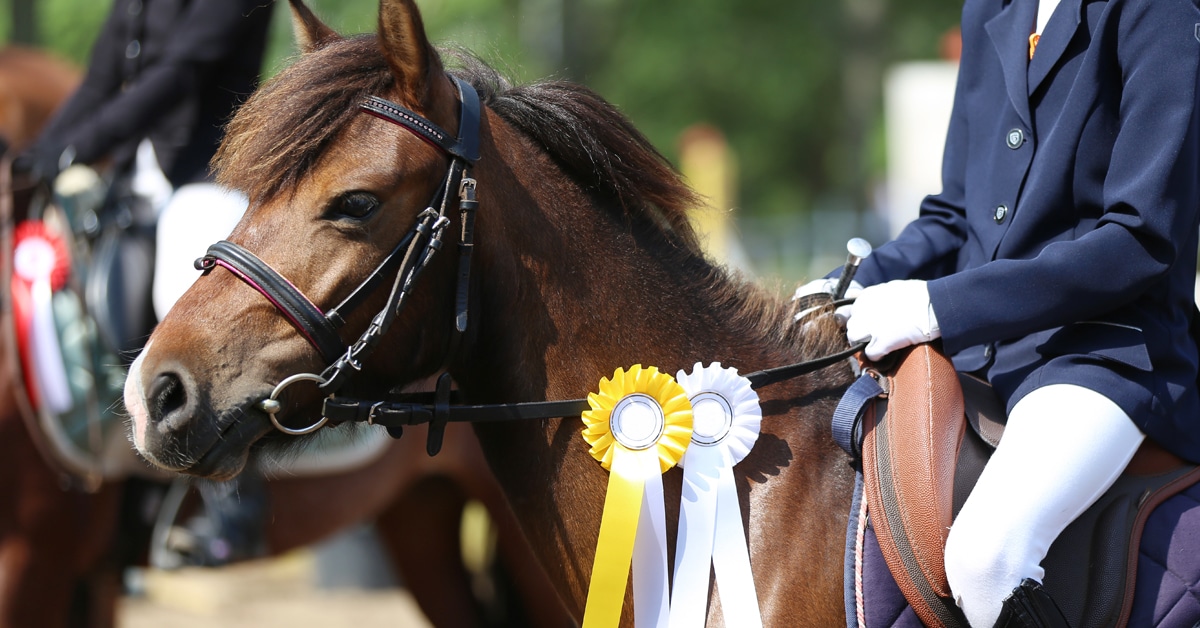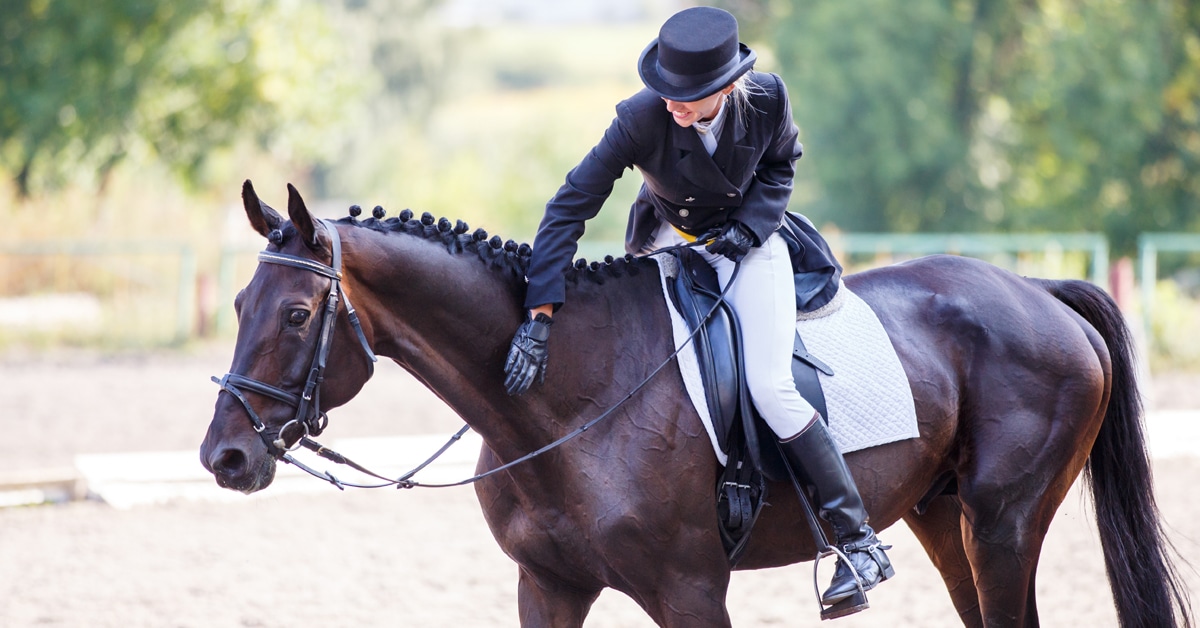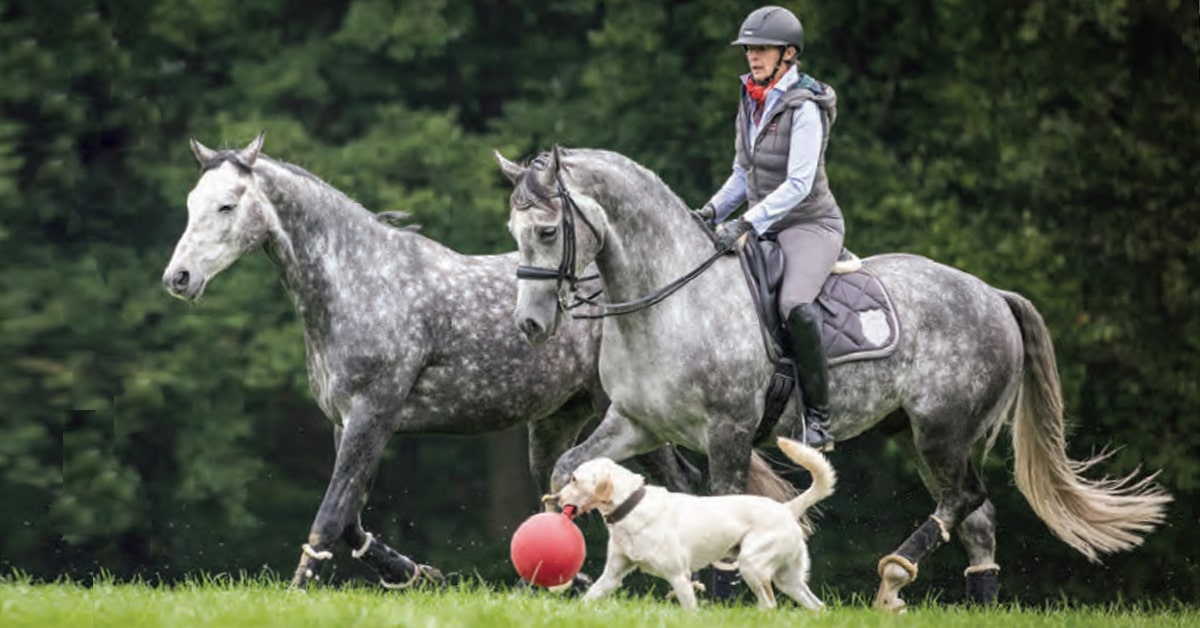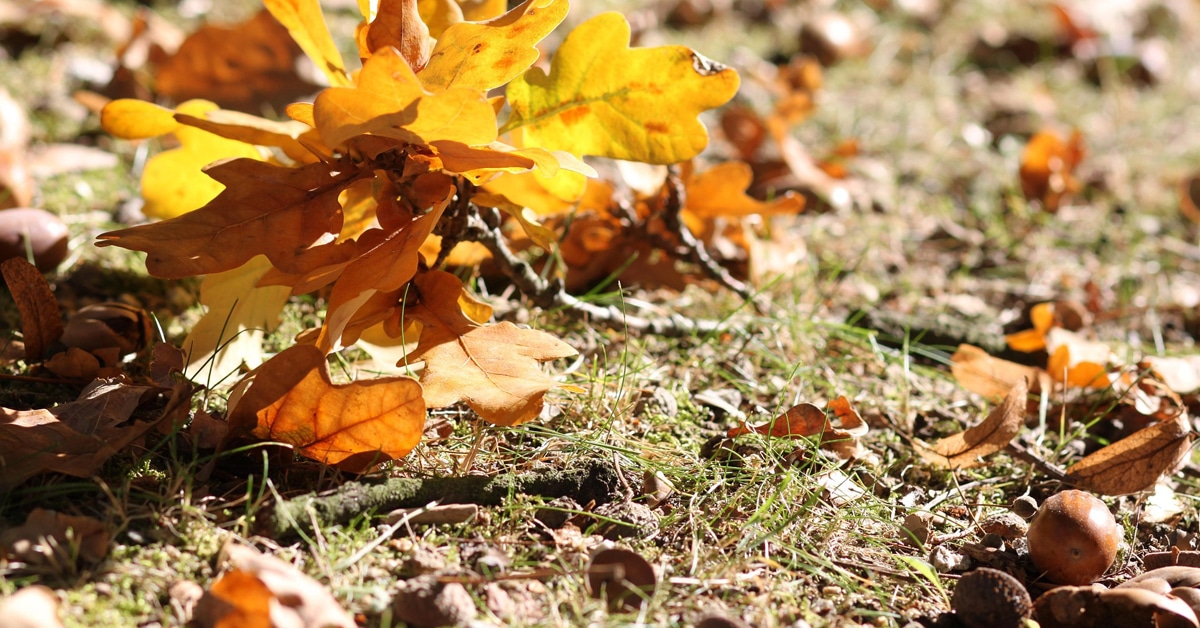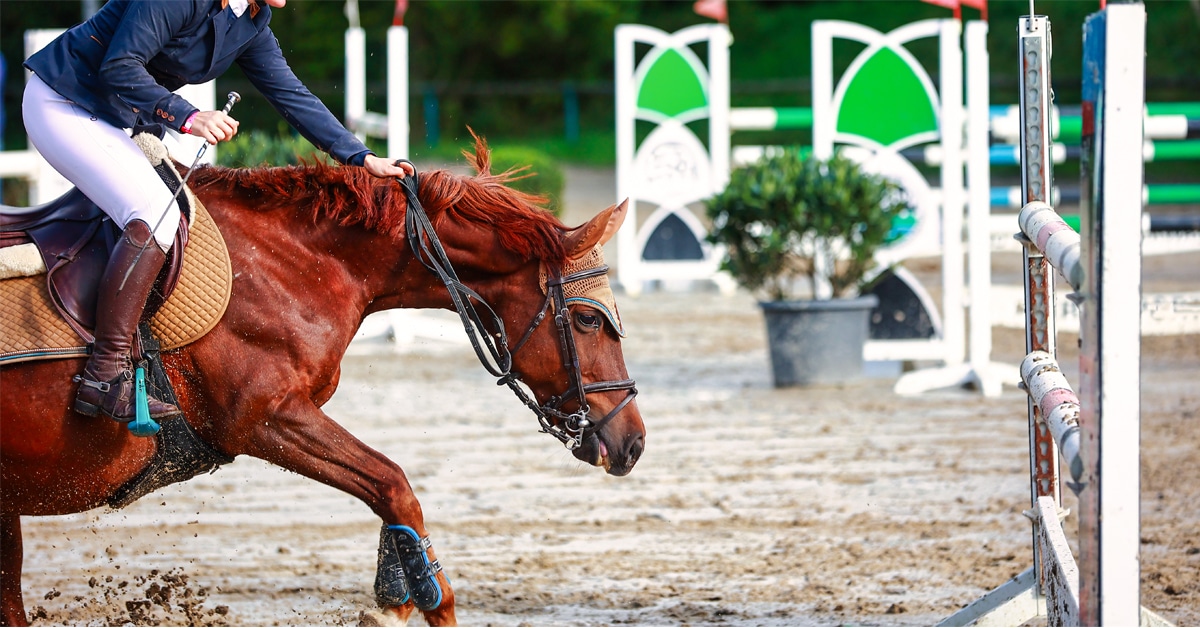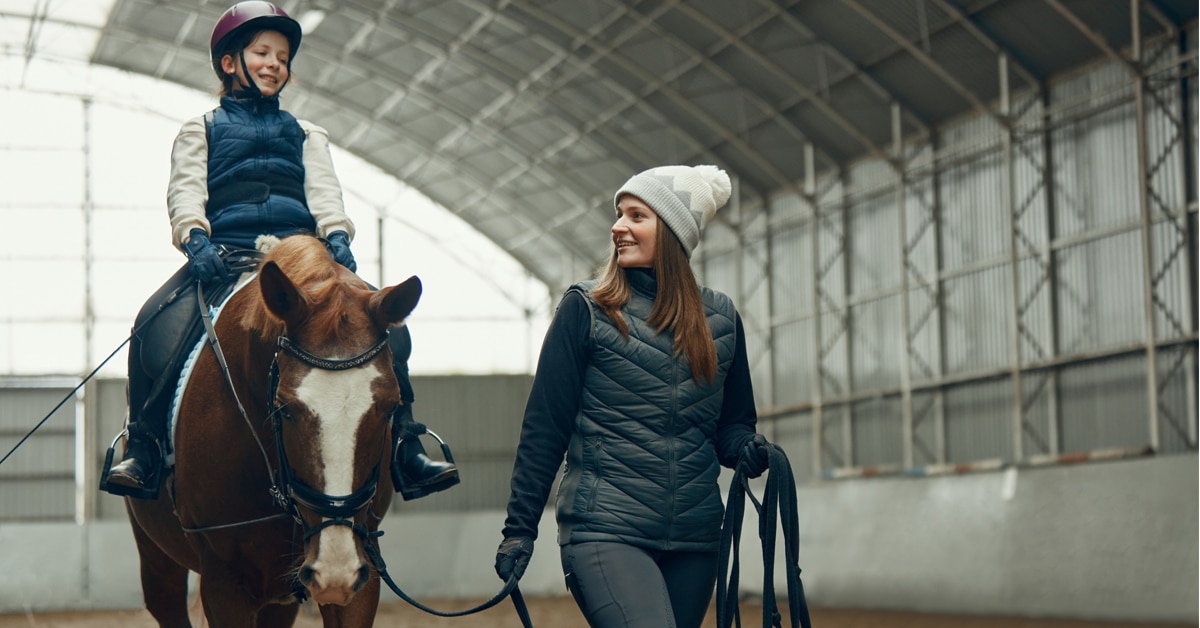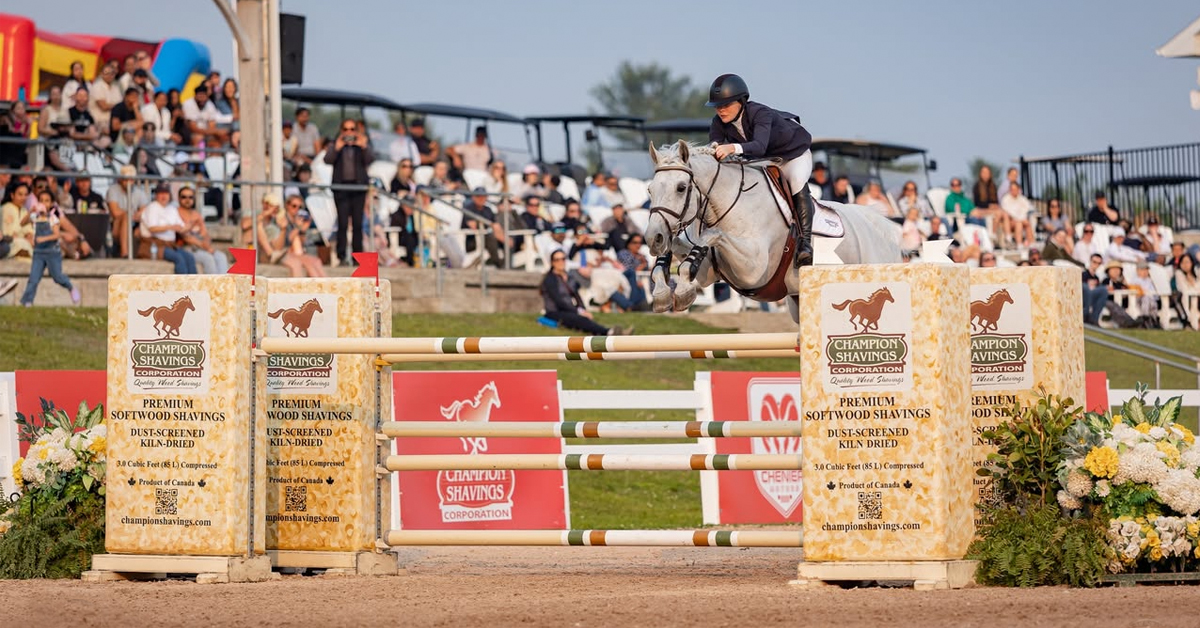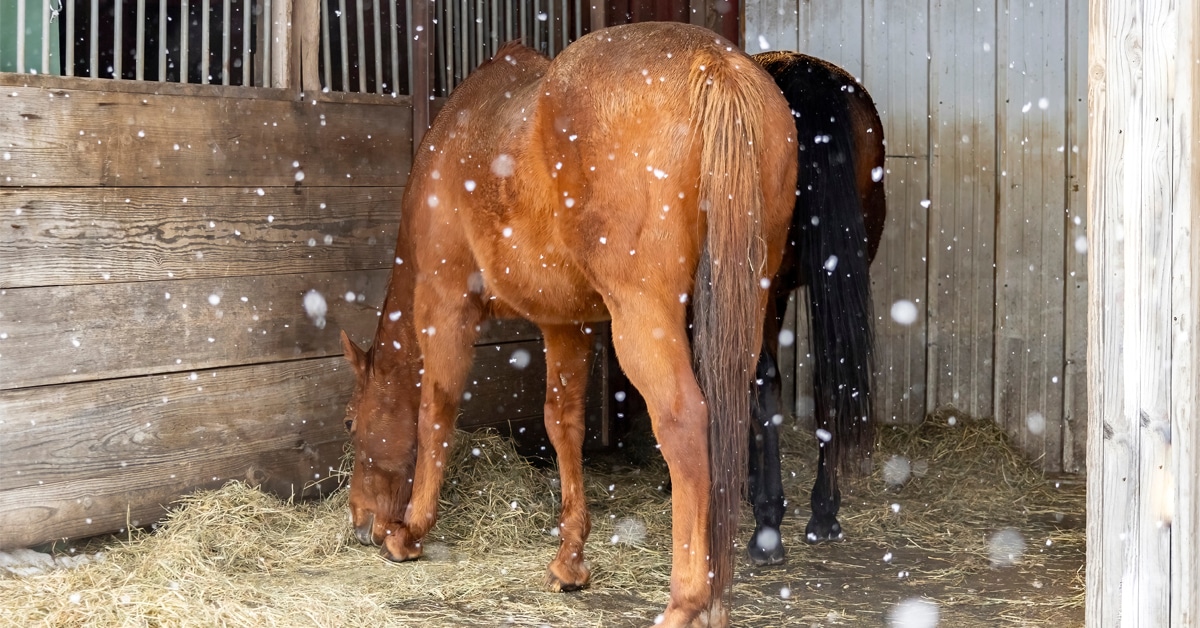Nineteen years ago, Chad Oldfather found himself the father of a two-year-old girl who, out of nowhere, became obsessed with horses. Plenty of dads just “write the checks” and steer well clear of the barn; Oldfather instead embraced his daughter’s interest, spending hours sitting ringside and many more in the car, commuting to lessons and competitions.
Soon enmeshed in the sport with his younger daughter’s similarly afflicted with cases of “horse-crazy,” Oldfather found himself learning not just about the animals that so inexplicably drew them, but also about people and parenting, and to his surprise, how to better do his job as a law-school professor.
Filled with the joys, heartbreaks, and life lessons that come from training, competition, and time in the company of horses, this is mostly a book about family, and the strong bonds that can form when parent and child join hands and pursue a passion together.
***
You’re up against
Too many horses
And mysterious forces
What you don’t know is
You are the luckiest man.
~ The Wood Brothers “Luckiest Man”
I don’t remember the precise phrasing, but the gist was clear: “Get up, get back on, do it again, and do it right!” The part about cutting it out with the crying was, I think, just implied. Strongly.
Those were the words by which my daughter Ada and I received our welcome into the world of equestrian sport.
Ada was five. Already her fascination with horses had consumed over half her life. For at least a year she’d pleaded with us to sign her up for riding lessons. This moment was the near-culmination of her campaign.
It was 2006, and still the early days of the internet, so simply locating a lesson barn took some effort. Neither my wife Lea nor I were horse people, and we had only recently moved to Milwaukee, Wisconsin. The phone book (remember those? ) was only minimally helpful. A combination of Google searches and word of mouth netted me a handful of leads, most of which didn’t pan out. One barn no longer existed. The others wouldn’t take a student who was only five-and-a-half years old. “We find that they just aren’t able to pay attention,” one instructor said to me.
Only Bernadette Ruckdashel, owner of Appy Orse Acres in Fredonia, Wisconsin, seemed totally unfazed by my request. She invited us to come out to watch a lesson. Then, if we were still interested, we could get Ada on the schedule. I was confident that it was not a matter of “if,” but I imagined there must be kids out there who turn out to like the idea of riding lessons more than the reality. And this was all new to me. If watching a lesson was what you did before taking a lesson, then that was what we would do.
Appy Orse was about a thirty-minute drive from our house. We had driven by the farm a few days earlier when we were in the area, our entire family of five—Lea, me, Ada, and her three-year-old twin sisters Audrey and Laura—piled in our minivan, trying to imagine what this next step would hold. It was, I later realized, kind of like visiting a college as a prospective student. You’re looking at an unfamiliar set of buildings in an unfamiliar place and trying to imagine what it’s like to be a part of the community that fills those buildings. You might become part of that community, or you might not. Will this be a place where my life will be transformed? Or will it be a place I never visit again? How do I know which one it should be?
I don’t know what everybody else was thinking as we drove back and forth along Willow Road that day. I was so focused on trying to stay between the ditches while following the directions that Bernadette had given me that there wasn’t much room for me to let my brain stretch into the future, let alone gauge the family mood. But the excitement was palpable. It seems strange to say it now, given how quickly the years have flown by, but at the time this moment seemed to have been a long time coming. Finally, at long last, it would happen. Horses. Ridden. By Ada. A step into a great, exciting unknown.
We could hardly wait.
When the big day came Ada and I drove to Appy Orse. Our instructions were to go into the barn and ask for Bernadette. Over the coming months and years we would come to know the people of Appy Orse—the boarders and lessoners and their parents, grandparents, and friends—as a second family. And so it’s a little puzzling to me that I don’t know who it was who greeted us when we first walked into the barn, and I’m not sure that we ever saw her again. But she was clearly no stranger to the place. Bernadette was in the indoor ring, the woman told us, teaching one of the two consecutive hour-long group lessons on tap for that morning. She would take us there.
We followed her up a slight hill across the yard to a green-and-white corrugated-steel building perhaps seventy-five yards from the barn. The building’s door featured a sign asking entrants to sound their voice before entering, which was not something I’d seen before. “Door!” the woman called out. A beat or two later we got, “Okay!” in response. We stepped in, closed the door behind us, and got the signal from someone who was unmistakably Bernadette (because, as I had already sensed from our brief phone call, Bernadette was unmistakable) to “wait right there.”
We were just inside the door, in one of the corners of an indoor riding ring, our eyes adjusting to the lower light as we tried to get our bearings. Bernadette stood close to three horse-and-rider pairs stationed near the opposite corner. A rider on a white horse went behind them toward the far end of the ring, then turned to come back our way.
If I watched it now, I could provide a fuller description. Was the turn balanced? Did she find a good distance to the first jump? Get the right number of strides in between them? I could answer those questions and more. But my thoughts then were less complex, more like, “That’s interesting— they’re gonna jump some jumps,” and then, “I hope she doesn’t run into the wall.”
Horses turn out to be pretty good at not running into walls. They’ll usually make a sharp turn or a hard stop, both of which can be a problem for a rider who hasn’t planned for them. This rider had made no such plans. The horse stopped, and inertia took over. The rider fell.
It happened right in front of us, and it wasn’t gentle. When the rider hit the ground, her body was a lot closer to horizontal than to vertical. As a newcomer, unaccustomed to how these scenes play out, it registered mostly as a blur. Now, with the benefit of experience, I can confidently guess that it was the sort of fall where a little bit of the riding surface, known as “footing,” ends up in the rider’s mouth and a lot of it ends up in her waistband, with bruising likely to follow.
Experience also tells me that she didn’t actually get right back up and get right back on, even though that is how it registered at the time. Falls would turn out to be a very common part of riding, and at Appy Orse, in particular, the rule is to stay on the ground as long as necessary to confirm that there are no serious injuries. But in the moment Bernadette’s reaction seemed instantaneous, and not what I would have expected: The rider would not be taking a break, or pausing to collect her thoughts, or walking off the minor wounds to her body and pride. She would get back on the horse, and she would do the line of jumps again. This time, if things went according to plan, she would do it right.
I said nothing to Ada or the woman who’d led us into the building and remained standing with us, but what I thought remains one of the more vivid parts of the memory. It began with “Holy” and ended with a series of exclamation points.
The lesson continued with no sense that what had occurred was anything other than business as usual. Bernadette eventually directed us to take a seat in some chairs in a corner of the ring. There were blankets folded nearby if we got chilled—it was early February and well below freezing, and the ring was not heated. Horses cantered past just a few feet in front of us, stirring up cold air and sometimes showering us with footing as they made the turn. Other riders made mistakes, then—like the faller—repeated whatever it was they had been trying to do until they got it right. Bernadette did not soft-pedal her critiques. I spend my days as a law-school professor, so I’m familiar with teaching methods that aren’t exactly soft. But this was truly “old school.”
I wasn’t sure how Ada would react. I suddenly appreciated the reluctance of the other trainers I had called, and the wisdom of Bernadette’s inviting us to watch a lesson before signing up our daughter. The idea of taking lessons might have been one thing and the reality—with its falls and mistakes and critiques—something entirely different.
But Ada was transfixed. “I want to stay,” she told me as the first lesson wrapped up. I promised her we would stay as long as there was something to watch. We sat through the next lesson, which featured no dramatic falls but otherwise more of the same. After an hour or so it ended, and I broke the news to Ada that it would soon be time for us to leave. But then something unexpected happened. Bernadette asked the youngest rider in the lesson to dismount. Then she invited Ada over to where she stood.
Often, in a situation like this, a child will look to a parent for reassurance that it’s okay. But that’s a gamble, because what if the reassurance doesn’t come? Ada took no chances. It wasn’t clear what was about to happen, but there was a horse involved, and she didn’t cast a single glance my way as she got out of her seat.
I watched as Bernadette asked the young rider who had gotten off the horse for her helmet, which Bernadette then put on Ada’s head. An adjustment or two later, Ada climbed a mounting block, and a moment after that she sat on the horse, for the first time in her life riding one that wasn’t being led or attached to a motorized walker.
I’m at least sometimes a person whose face conveys messages that don’t correspond with what’s going on in my mind. I was surprised, certainly, because this hadn’t been part of the plan. But I was likewise thrilled because I knew how exciting this was for Ada. My expression, though, must have read as nervous. The woman who’d acted as our guide offered reassurance.
“This horse is barely awake,” she told me. “She’ll be fine.”
I wasn’t worried, and Ada was more than fine. She rode around the ring proud as could be.
She delivered her verdict the moment the car door closed for the trip home: “I want to ride here.”
And so it began.
***
Order your copy of “A Man Walks Into a Barn” from Trafalgar Square Books here.
The Latest
